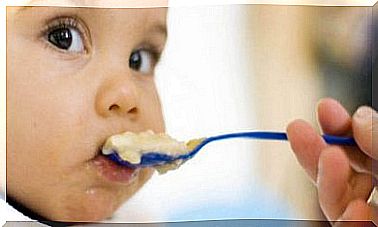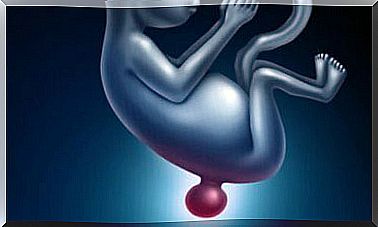The Effects Of Caffeine On Pregnancy – You Are Mom

Caffeine is a substance consumed frequently in our society. Indeed, it is present in coffee, but also in sodas, chocolate or tea, for example. For this reason, the consumption of caffeine during pregnancy is a subject of controversy. Let’s dig deeper into the question in this article!
What is caffeine?
We often talk about caffeine, but do we really know what it is? Chemically, it is an alkaloid that belongs to the group of methylxanthines. In our body, it acts on the central nervous system as a psychostimulant.
It is a competitive antagonist of the A1 and A2a adenosine receptors. These receptors are responsible for inhibiting the release of many neurotransmitters, which is why the effect of caffeine consists precisely in the release of the latter. It promotes, among other things, the action of dopamine.
It is also considered a drug because of its energizing and stimulating properties. Habitual binge drinking causes tolerance and can lead to abstinence syndrome if removed suddenly.
It is also used for its pharmacological properties. Concretely, it is often used as an adjuvant in the analgesic treatment of pain. On the other hand, caffeine is also part of the composition of many anti-flu and migraine medications, among others.

What are its properties?
As we said before, caffeine is a psychostimulant and psychoactive substance for our central nervous system. In other words, it activates our brain, “wakes it up” and keeps it alert. In addition, it also has other effects on our body. Indeed, caffeine:
- Is an antioxidant and attacks free radicals
- Increases blood pressure
- Intensifies the heart rate
- Has diuretic properties
- Promotes blood circulation
- May produce some dehydration
- Can cause headaches, but also helps to eliminate them
- Improves respiratory function by strengthening diaphragm contraction
- Produces vasodilation in the muscles
Effect of caffeine on pregnancy
It has sometimes been considered a risk factor for fertility, along with tobacco or other drugs. At low doses, however, there does not seem to be any risk. However, this is information that it is important that you take into account so as not to abuse it if you are a woman who is trying to get pregnant.

Moderate consumption of caffeine during pregnancy has no harmful effects. However, high levels of caffeine can cause spontaneous abortions, but also reduce the development of the fetus.
What are these effects due to? Caffeine crosses the placenta, which is why the amount in the mother’s blood can flow freely through the amniotic fluid of the fetus. However, in the placenta, there is no way to metabolize this caffeine which arrives, and the fetus does not have the necessary enzymes in its liver to do so before the 8 months of pregnancy either.
Due to its properties, caffeine can cause uterine and fetal vasoconstriction, thus decreasing the amount of blood that arrives and, therefore, the oxygen and nutrients needed. This is the reason why the high consumption of caffeine can impair the development of the fetus.
Other more serious complications that caffeine can cause during pregnancy are, as we said, the risk of abortion, especially in the first trimester, or the onset of pre-eclampsia or hypertension.
During pregnancy, blood pressure and heart rate are factors that must be controlled, which is why it is necessary not to consume substances that alter them in order to avoid unwanted complications, whether in the mother or in the fetus.
On the other hand, during breastfeeding, caffeine also passes into breast milk. An excessive consumption of caffeine by the nursing mother can thus cause, in certain cases, irritability and alterations in the sleep of newborns. Moderate consumption, however, is safe.
There are still many aspects to study in this area. It is certain that excessive consumption of caffeine has only harmful effects, especially during pregnancy, both on the side of the mother and that of the fetus. However, moderate consumption does not cause any problems and may even prove to be beneficial.









